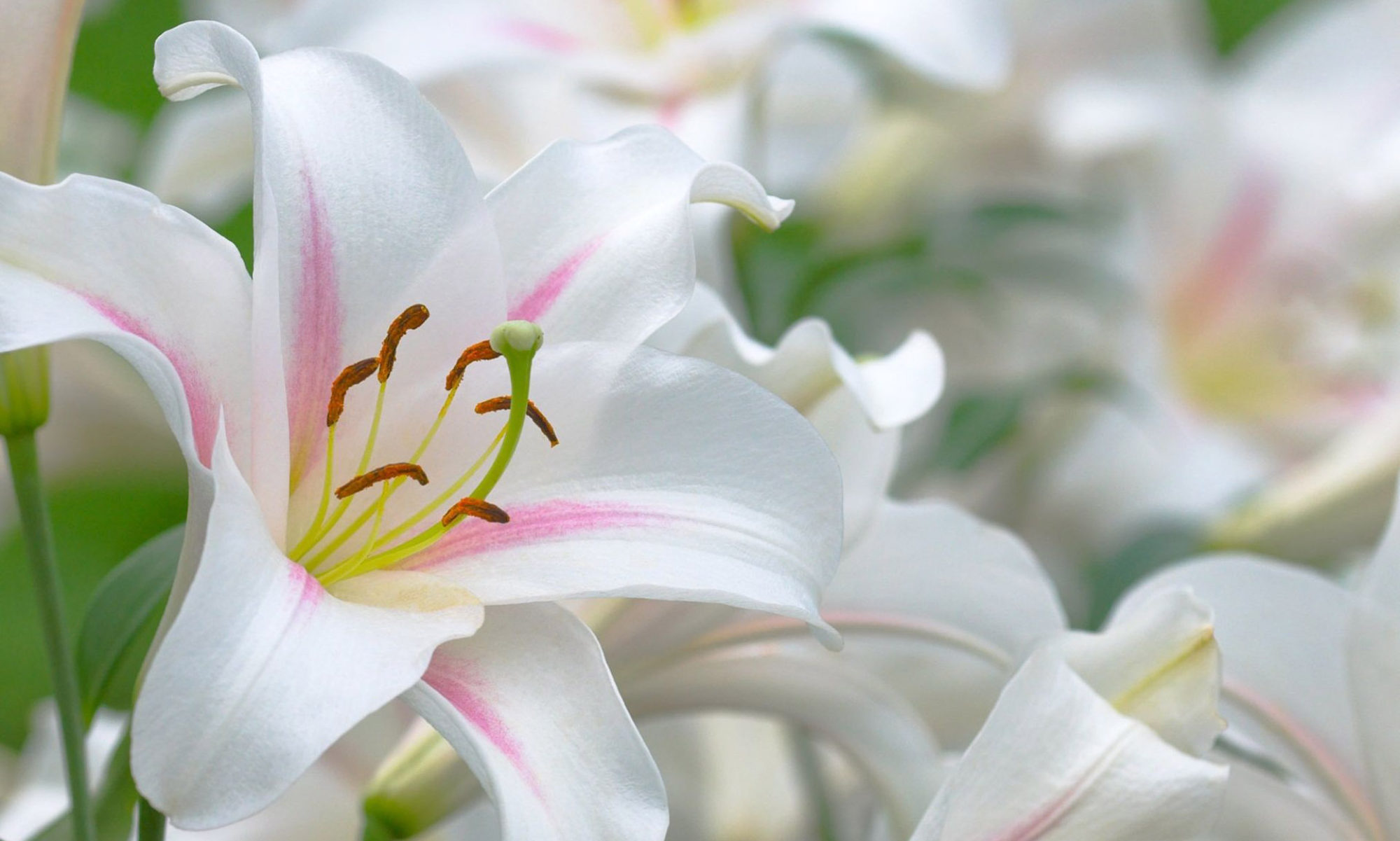Popular herbs such as parsley, basil, dill and rosemary are grown primarily to enhance our culinary creations, but if you think that the usefulness of herbs is limited to the kitchen, then think again. Versatile herbs can and should be grown in our vegetable gardens, perennial beds and patio pots. In today’s blog, I’ll share the reasons why!

Herbs are a delight to our senses! We can’t resist running our fingers through their foliage or crushing a single leaf to release the heady fragrance. Many herbs beg to be touched with soft velvety foliage such as Berggarten Sage while others impress us with their stunning flower power. Did you know that some of the most well-known flowering plants are also herbs? Echinacea, Yarrow, Monarda, Borage, Catmint and Lavender come to mind and almost every garden has at least one of these stellar summer bloomers!

With their many colors, forms and textures, herbs lend themselves to all kinds of garden design opportunities. I love to use Golden Oregano for bright pops of color next to the deeper hues of Black Scallop Ajuga; it also makes a sunny spiller plant for flower pots. Gray-green Wooly Thyme creates a romantic look as it softly cascades over a stone retaining wall while other thyme varieties are perfect as fragrant, low-growing hedges or groundcovers. Prostrate or Creeping Rosemary also makes a fast-growing groundcover for dry, sunny areas. Planted in pots, Variegated Sage and dark Purple Basil make pretty partners with flowering annuals.

In the vegetable garden, herbs have many uses as beneficial companions. Growing basil next to tomatoes is a classic combo and supposedly improves the sweet flavor of both plants. Tarragon likes to be planted with eggplant while dill pairs well with cucumbers and lettuce. Many herbs repel aphids and spider mites, helping to reduce infestations. Mint is a garden workhorse as it deters many insect pests as well as browsing deer, but be sure to contain mint to pots as it can spread aggressively!

In addition to being good

Herbs are also beneficial to our flower gardens. Plant chives next to your roses to repel aphids and help prevent black spot. Parsley is also a good rose companion in that it enhances the fragrance of the blooms. Yarrow attracts ladybugs that eat aphids while lavender helps deter rabbits and deer. Catnip is useful for repelling Japanese beetles which damage hollyhocks, dahlias

Herbs are easily grown in patio planters, too, combining beautifully with annual flowers or on their own. It’s also nice to have pots of herbs close to the house for easy access come dinner time! When placing herbs together in a container, make sure the varieties you choose enjoy the same conditions as far as sunlight and water needs. Since many herbs tolerate dry conditions, they’re also great companions for the colorful rosettes of hardy, water-wise succulents.

Herbs are generally easy to grow and rarely bothered by pests or disease. They encourage pollinators to visit our gardens and beautify our plantings with color, texture and fragrance. Try a new variety in your flower or vegetable garden this year, learn more about the benefits of companion planting, and get creative by combining herbs with annuals or succulents. The possibilities are endless!


